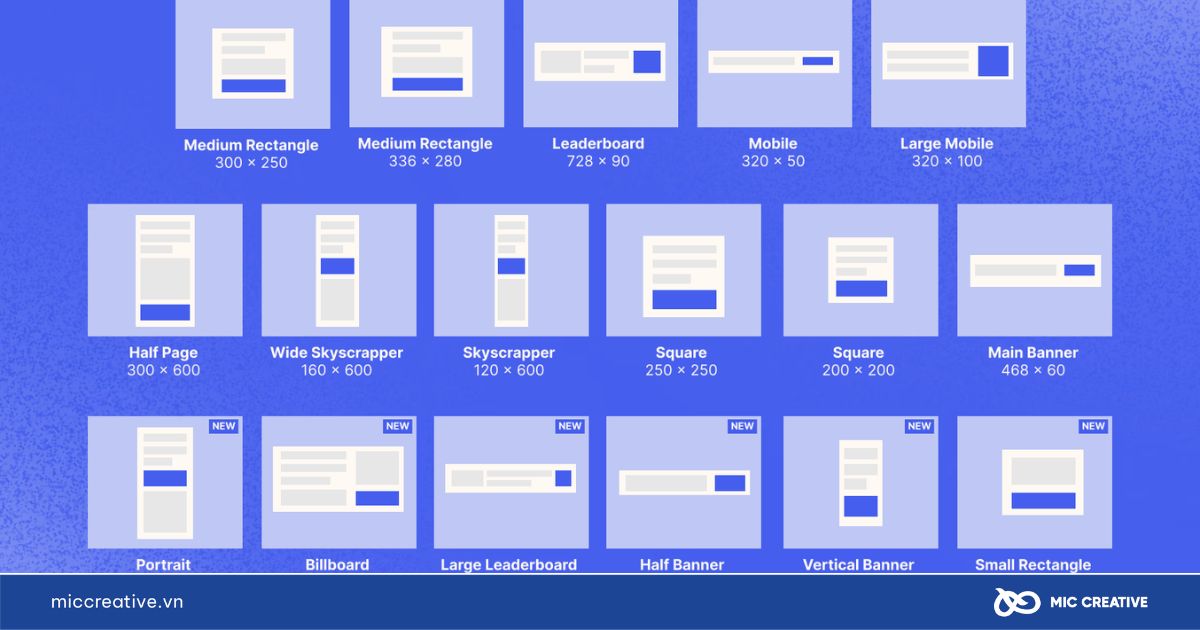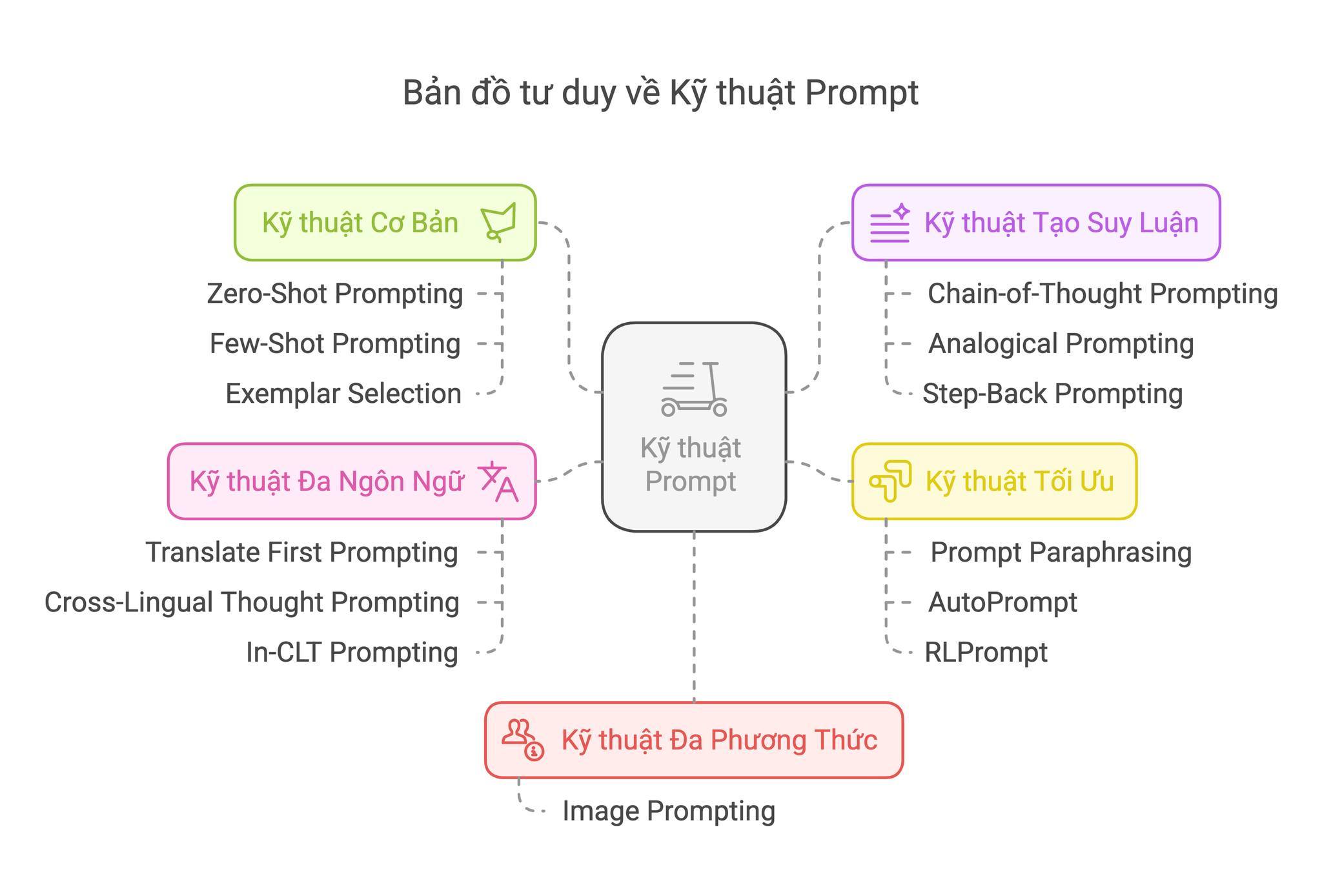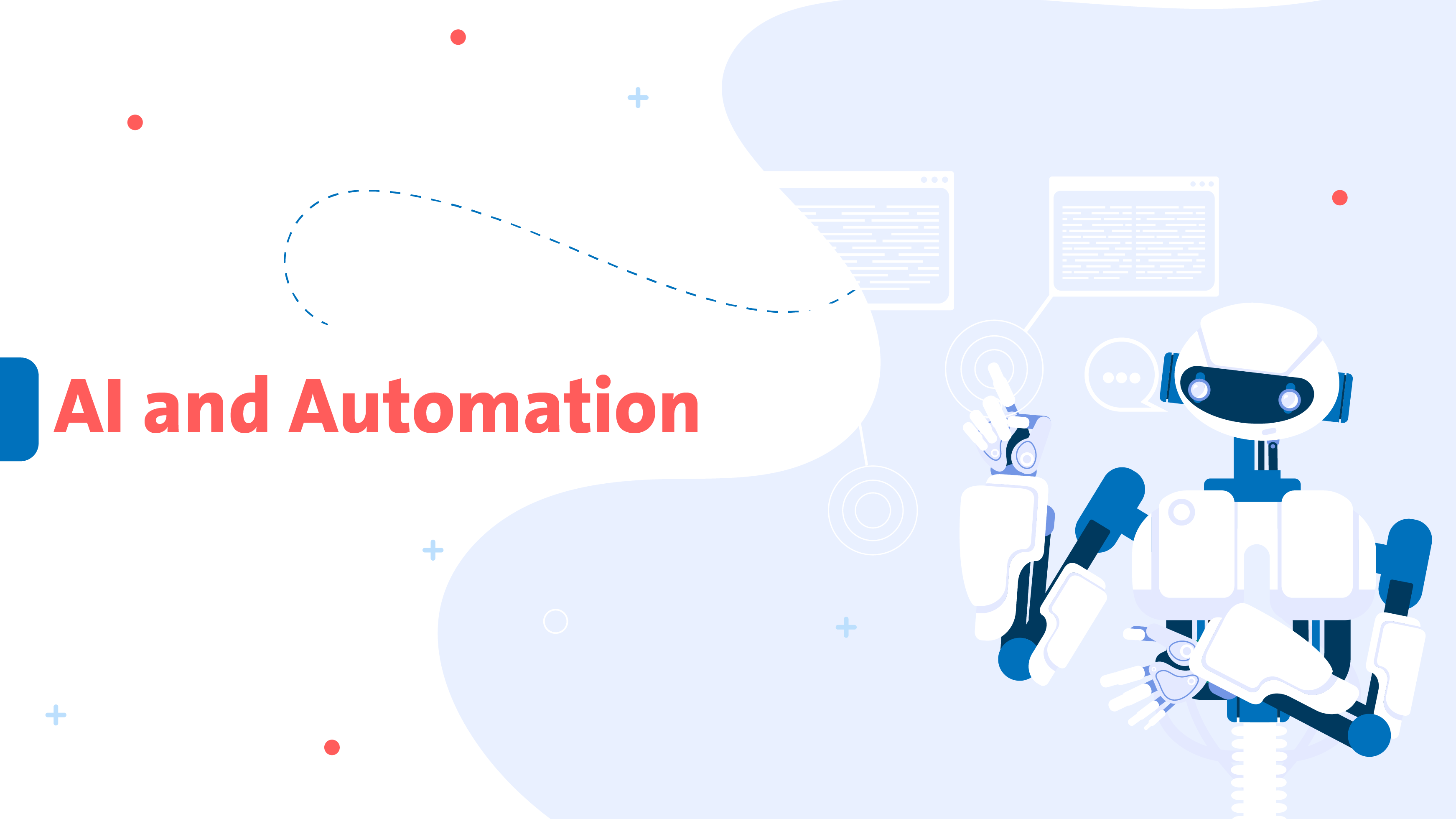Harnessing AI Automation: A Game Changer for Startup Success

AI automation is reshaping how businesses operate, offering startups a unique chance to enhance efficiency and competitive advantage. By optimizing business processes and influencing employment dynamics, AI automation provides invaluable opportunities and challenges for startup founders to navigate. This article sheds light on these pivotal areas.
Revolutionizing Business Processes: The Impact of AI Automation

AI automation is ushering in a new era of business process optimization by dramatically enhancing efficiency, accuracy, and agility. The amalgamation of AI, machine learning, and robotic process automation (RPA) transforms traditional workflows into sophisticated, self-learning systems. This evolution is paving the way for businesses to operate more intelligently and responsively than ever before. At the heart of this transformation is Intelligent Process Automation (IPA), where AI manifests its potential by recognizing patterns and recommending process improvements to elevate efficiency. Whether it is through data extraction, validation using AI-powered OCR, or the intricate handling of exceptions, AI minimizes the need for human intervention, streamlining operations substantially.
A pivotal area where AI shows its prowess is in task prioritization and resource allocation. By evaluating tasks based on urgency and dependencies, AI ensures that projects proceed smoothly and efficiently. Predictive bottleneck analysis forms a part of this AI-driven strategy by preempting potential process roadblocks, allowing timely and strategic resource allocation.
The repetitive and tedious tasks that once consumed significant human hours are now seamlessly managed by AI-powered bots. These bots excel in automating mundane duties such as data entry, data migration, and email management, freeing up human resources for more strategic endeavors. For instance, in onboarding and offboarding workflows, AI automates steps to ensure smooth transitions, further highlighting its indispensable role in operational efficiencies.
Moreover, AI fosters enhanced cross-departmental collaboration by integrating disparate systems, including ERP, CRM, and HR, ensuring a seamless flow of information and improved real-time visibility. Automated cross-functional approvals exemplify AI’s capability to reduce communication lags, enhancing workflow efficiency.
The monitoring and optimization of workflows are other critical domains where AI’s influence is profound. Through real-time analytics, AI can instantly detect inefficiencies and offer actionable insights for automation opportunities. Predictive insights generated by AI further empower businesses to preempt and mitigate workflow disruptions, fostering a culture of continuous improvement.
The benefits of AI-driven business process automation are vast and tangible. One significant advantage is cost savings. By reducing labor-intensive tasks and minimizing errors, AI can potentially cut operational costs by 20-30%. Moreover, in the realm of compliance, AI’s ability to automate regulatory tracking and auditing leads to substantial cost reductions, contributing to a healthier bottom line.
Efficiency and scalability are signatures of AI’s contribution to business processes. With AI, processes not only execute faster, reducing turnaround times markedly, but they also scale seamlessly to handle large volumes of transactions, ensuring businesses can grow without proportionally increasing their operational costs.
AI’s role extends into decision-making as well. Through predictive analytics, AI analyzes massive datasets to provide real-time insights that enable data-driven decisions. The implementation of generative AI in forecasting refines these predictive models, offering more precise, nuanced insights that help businesses adapt swiftly to market changes.
As we look towards the future, trends such as hyperautomation, which combines AI, RPA, and low-code platforms, promise to automate end-to-end business processes more seamlessly. Additionally, AI-powered conversational bots are refining customer interactions and satisfaction by handling complex workflows efficiently.
These developments underscore the transformative potential of AI in reshaping business operations, bringing about strategic shifts in operational efficiencies and decision-making capabilities. For an engaging discussion on managing AI’s content in business processes, consider exploring the article AI Automation: Why Content Needs Control Before Automatic Deployment.
Navigating the Employment Transformation: AI Automation’s Dual Impact on Job Markets

The rise of AI automation is reshaping the global employment landscape, bringing an intricate mix of challenges and opportunities. This evolution is not merely a technological shift but a profound change in how human labor is valued and utilized across various sectors. As AI takes on tasks previously managed by humans, its impact on employment markets is multifaceted.
AI automation’s first noticeable effect is job displacement. Estimates indicate that AI could potentially displace up to 300 million jobs worldwide, representing about 9.1% of all employment. This impact is particularly acute in roles involving repetitive cognitive tasks, such as those in writing, photography, software development, and customer service. Unlike past waves of automation that largely affected manual labor jobs in rural areas, AI’s impact is projected to be more significant in urban centers, especially within technology hubs. This shift represents a departure from previous patterns where industrial automation affected regions dependent on manufacturing and agricultural work.
Alongside displacement, AI automation contributes to skill polarization. As AI systems become proficient in executing routine and repetitive jobs, there is a noticeable trend towards skill bifurcation. High-skilled professionals, like those in AI development, data analytics, and machine learning, are seeing growth, while roles requiring less specialized skills face decline. This division could widen the income gap unless effective measures for worker reskilling and upskilling are implemented. The transformation also bears psychological and social repercussions, with workers, especially the young demographic, expressing increased concerns about job security and the relentless need for career adaptability.
Conversely, AI automation engenders significant opportunities. It is a catalyst for job creation, ushering in new roles that cater to the AI ecosystem itself. Jobs in AI programming, systems maintenance, and the creative intersection of technology and business strategy are flourishing. Furthermore, AI enhances job content by automating tedious tasks, allowing individuals to concentrate on complex, creative, and interpersonal aspects of their roles.
Productivity and efficiency are other areas where AI automation shines. By handling repetitive tasks, AI frees up human resources for more strategic engagements, spurring economic growth and innovation. This increased efficiency can translate into improved workplace safety and inclusivity, ultimately elevating job quality. Moreover, AI’s capability to facilitate remote work and flexible schedules is enhancing work-life balance for many employees, as seen in various applications of AI automation.
Addressing the accompanying challenges requires holistic strategies, such as upskilling and reskilling programs. Encouragingly, many companies and governments are investing in education initiatives to equip workers with skills that complement AI, including critical thinking, creativity, and emotional intelligence. Support systems for workforce transitions, including career counseling and financial assistance, are also vital in mitigating job displacement impacts. Crucially, ethical considerations and robust regulation must guide AI development and deployment to protect workers’ rights and ensure a fair transition.
As AI automation continues to redefine job markets, the focus should be not only on managing its challenges but also on harnessing its potential to create an adaptable, skilled, and inclusive workforce prepared for the future.
Final thoughts
AI automation stands as a pivotal force in reshaping business landscapes for startups, enhancing efficiency while also redefining job markets. Startup founders must strategically embrace these changes to ensure both business success and workforce harmony.
Ready to elevate your business with cutting-edge automation? Contact Soncadigi today and let our expert team guide you to streamlined success with n8n and AI-driven solutions!
Learn more: https://ducnguyen.cc/contact/
About us
Minh Duc TV is a forward-thinking consulting firm specializing in n8n workflow automation and AI-driven solutions. Our team of experts is dedicated to empowering businesses by streamlining processes, reducing operational inefficiencies, and accelerating digital transformation. By leveraging the flexibility of the open-source n8n platform alongside advanced AI technologies, we deliver tailored strategies that drive innovation and unlock new growth opportunities. Whether you’re looking to automate routine tasks or integrate complex systems, Minh Duc TV provides the expert guidance you need to stay ahead in today’s rapidly evolving digital landscape.



 AD Network
AD Network AI Automation
AI Automation AI Prompt
AI Prompt Blog
Blog Công cụ AI
Công cụ AI SaaS
SaaS Tips & Tricks
Tips & Tricks Web Dev
Web Dev Wordpress
Wordpress














